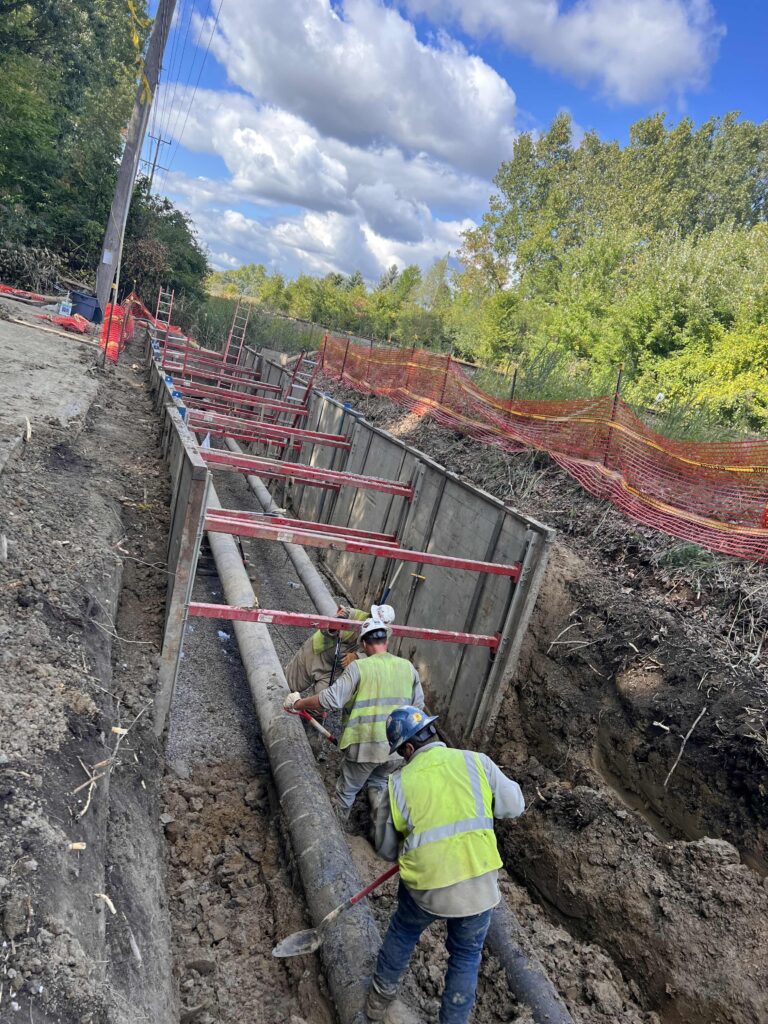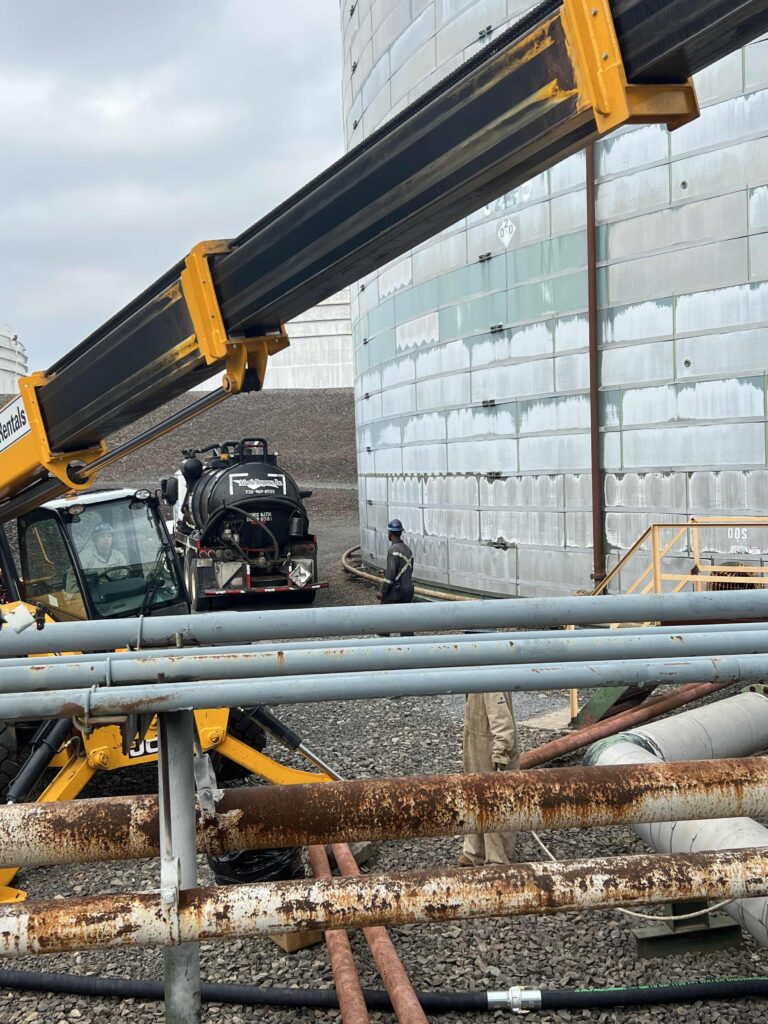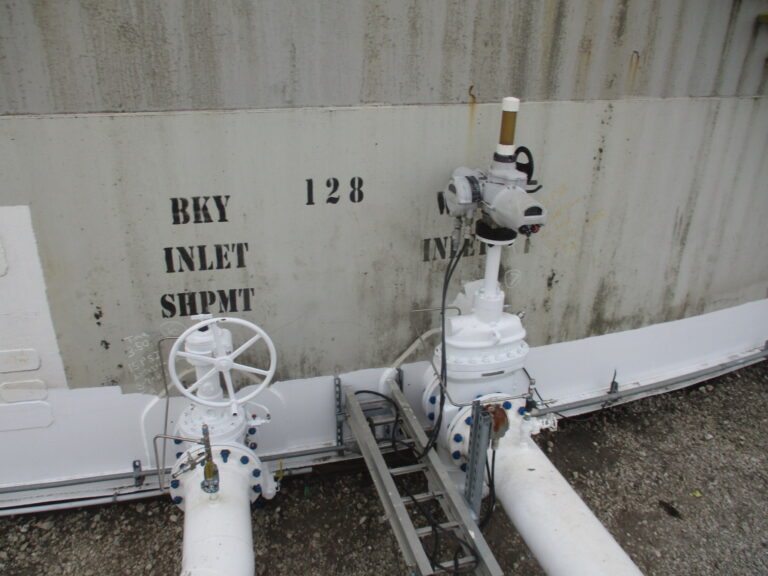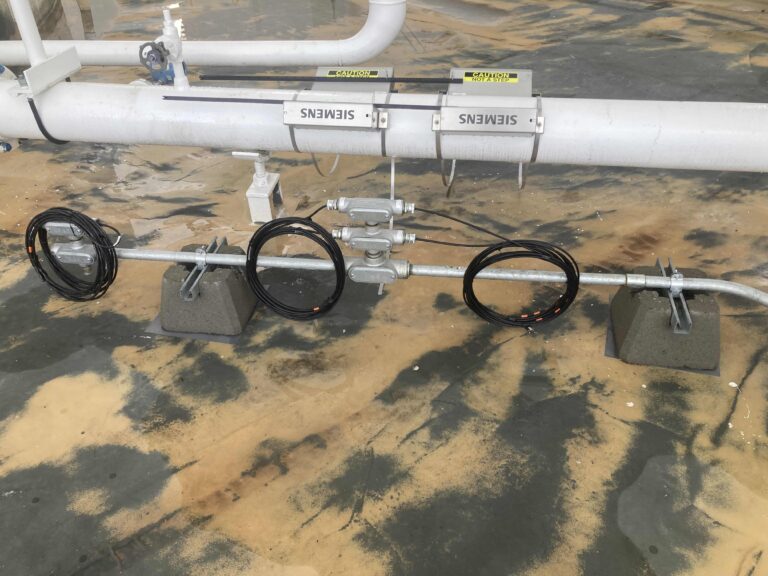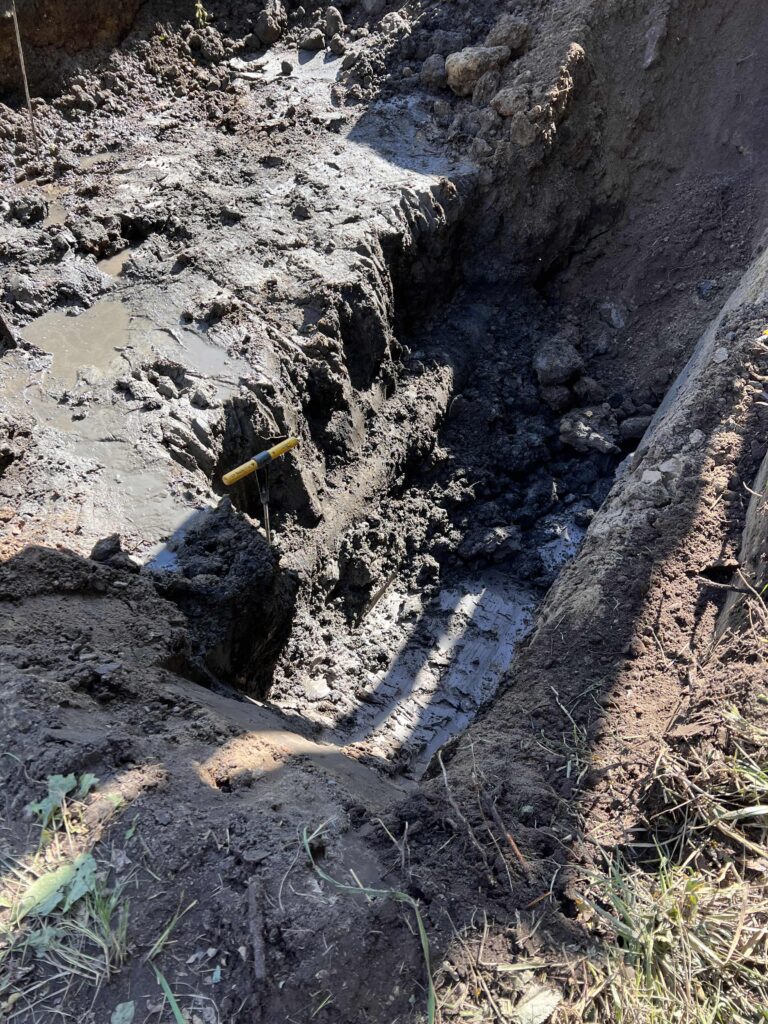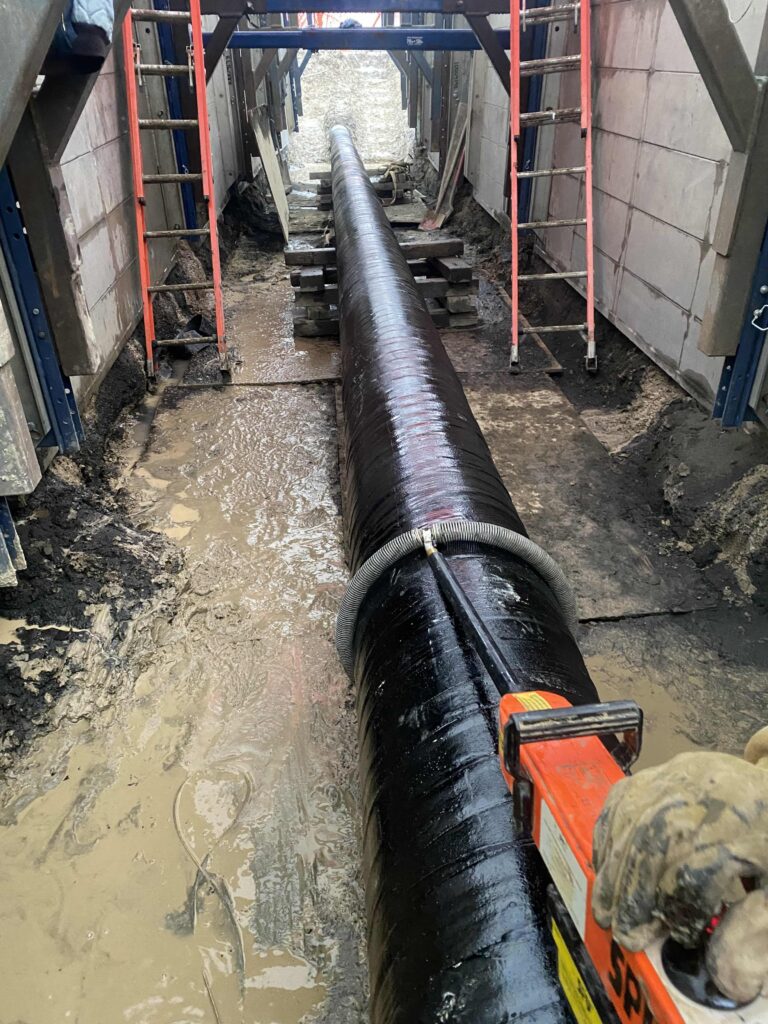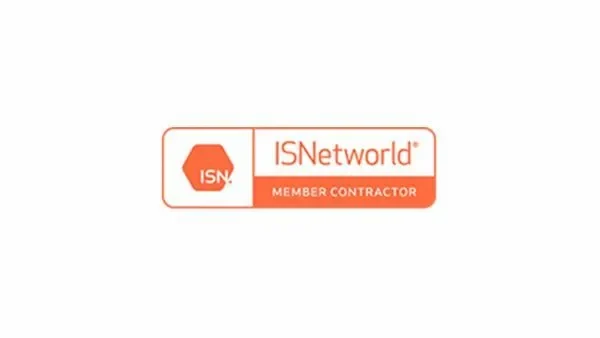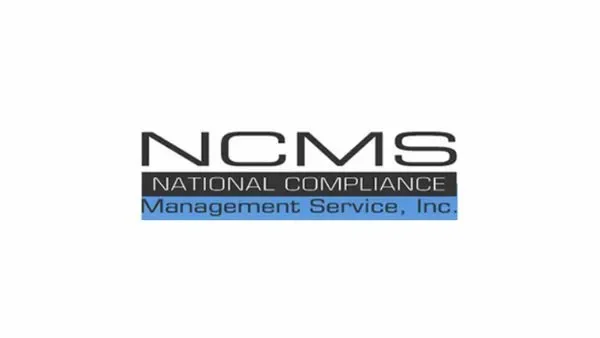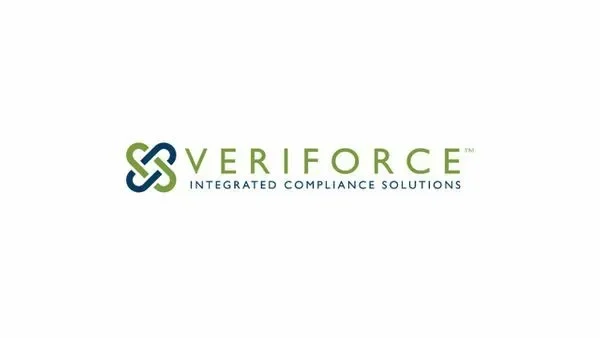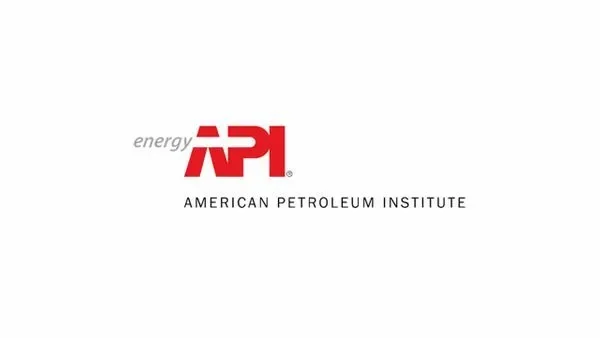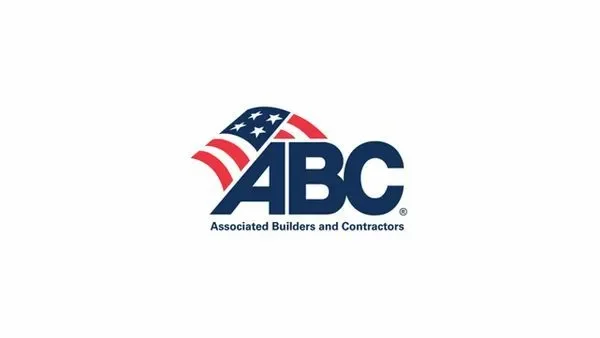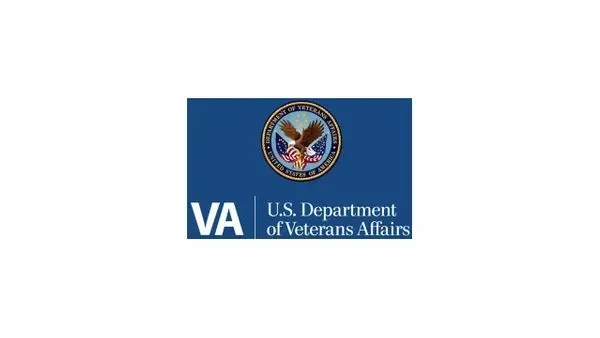Effective Risk Management in Oil and Gas Projects
Introduction
Effective risk management in oil and gas projects is essential for ensuring safety, compliance, and operational efficiency. At Spyglass Solutions, we provide comprehensive third-party construction inspection services that help mitigate risks and enhance project outcomes. This blog explores the critical aspects of risk management in the oil and gas industry and offers strategies to implement effective risk management practices.
The Importance of Risk Management in Oil and Gas
Effective risk management in oil and gas projects is crucial due to the high-risk nature of the industry. Identifying and mitigating risks early can prevent accidents, reduce costs, and ensure project success.
Ensuring Safety and Compliance
Ensuring safety and compliance is a primary goal of risk management. Adhering to safety standards and regulatory requirements minimizes the risk of incidents and legal issues.
Protecting Investments
Protecting investments through risk management ensures that projects stay on budget and on schedule. Identifying potential risks early helps avoid costly delays and overruns.
Key Components of Effective Risk Management
Effective risk management in oil and gas projects involves several key components that work together to identify, assess, and mitigate risks.
Risk Identification
Risk identification is the first step in the risk management process. This involves identifying potential risks that could impact the project, such as safety hazards, regulatory changes, and supply chain disruptions.
Risk Assessment
Risk assessment involves evaluating the likelihood and potential impact of identified risks. This helps prioritize risks and allocate resources effectively to mitigate them.
Risk Mitigation
Risk mitigation strategies are implemented to reduce the impact of identified risks. This includes developing contingency plans, enhancing safety protocols, and ensuring regulatory compliance.
Strategies for Implementing Effective Risk Management
Effective risk management in oil and gas projects requires proactive strategies and continuous monitoring. Here are some key strategies for implementing risk management.
Conducting Regular Risk Assessments
Conducting regular risk assessments helps identify new risks and evaluate the effectiveness of existing mitigation measures. Third-party inspections provide an objective evaluation of risk management practices.
Implementing Comprehensive Training Programs
Implementing comprehensive training programs ensures that all personnel are aware of risk management practices and protocols. Regular training updates are essential to maintain a risk-aware culture.
Leveraging Technology for Risk Management
Leveraging technology for risk management enhances the accuracy and efficiency of risk assessments. Tools like data analytics and predictive modeling help identify potential risks and develop effective mitigation strategies.
Role of Third-Party Inspections in Risk Management
The role of third-party inspections in effective risk management is critical. Independent inspectors provide an unbiased assessment of risk management practices and help identify areas for improvement.
Providing Objective Assessments
Providing objective assessments is a key benefit of third-party inspections. Independent inspectors evaluate project activities impartially, ensuring that risk management practices are effective and consistent.
Enhancing Continuous Improvement
Enhancing continuous improvement through regular third-party inspections helps maintain high risk management standards. These inspections identify areas for improvement and support the implementation of corrective actions.
Case Studies: Successful Risk Management Implementations
Effective risk management in oil and gas projects can be illustrated through successful case studies. These examples highlight the positive impact of proactive risk management practices.
Case Study A: Improved Safety and Efficiency
Case Study A involved a major offshore drilling project. Through comprehensive risk assessments, rigorous safety protocols, and continuous monitoring, the project achieved excellent safety and efficiency outcomes, with no significant incidents or delays.
Case Study B: Enhanced Regulatory Compliance
Case Study B focused on a refinery upgrade project. Third-party inspections and advanced risk management technologies ensured compliance with regulatory standards and minimized operational disruptions.
Challenges in Implementing Risk Management
Effective risk management in oil and gas projects presents several challenges. Understanding these challenges helps develop effective strategies to overcome them.
Managing Risks in Complex Projects
Managing risks in complex projects requires coordination among multiple stakeholders and adherence to detailed risk management plans. Effective communication and collaboration are essential.
Keeping Up with Technological Advances
Keeping up with technological advances is challenging but necessary. Staying updated on the latest risk management tools and technologies can significantly enhance risk management efforts.
Balancing Cost and Risk Management
Balancing cost and risk management is a common challenge. Investing in risk management can prevent costly incidents and delays, ultimately saving money in the long run.
Future Trends in Risk Management
Effective risk management in oil and gas projects is evolving with new trends and technologies. Staying ahead of these trends can enhance risk management efforts.
Integration of Artificial Intelligence
Integration of artificial intelligence (AI) in risk management processes can automate risk assessments, predict potential issues, and improve decision-making.
Emphasis on Sustainability
Emphasis on sustainability is driving new risk management practices. Companies are adopting sustainable practices that enhance environmental performance and compliance with regulatory requirements.
Choosing the Right Partner for Risk Management
Choosing the right partner for effective risk management in oil and gas projects is crucial. Selecting a reliable third-party inspection and risk management provider can make a significant difference.
Evaluating Expertise and Experience
Evaluating the expertise and experience of potential partners is critical. Look for providers with a proven track record in the oil and gas industry and a deep understanding of risk management requirements.
Assessing Technological Capabilities
Assessing the technological capabilities of potential partners ensures they use the latest tools and methods to deliver accurate and reliable services.
Considering Customization Options
Considering customization options allows you to tailor services to meet your specific project needs and risk management requirements.
Conclusion
Effective risk management in oil and gas projects is essential for ensuring safety, compliance, and operational efficiency. At Spyglass Solutions, we are committed to providing expert third-party inspection and risk management services tailored to your needs. Contact us today to learn more about how we can support your projects and enhance your risk management efforts.

